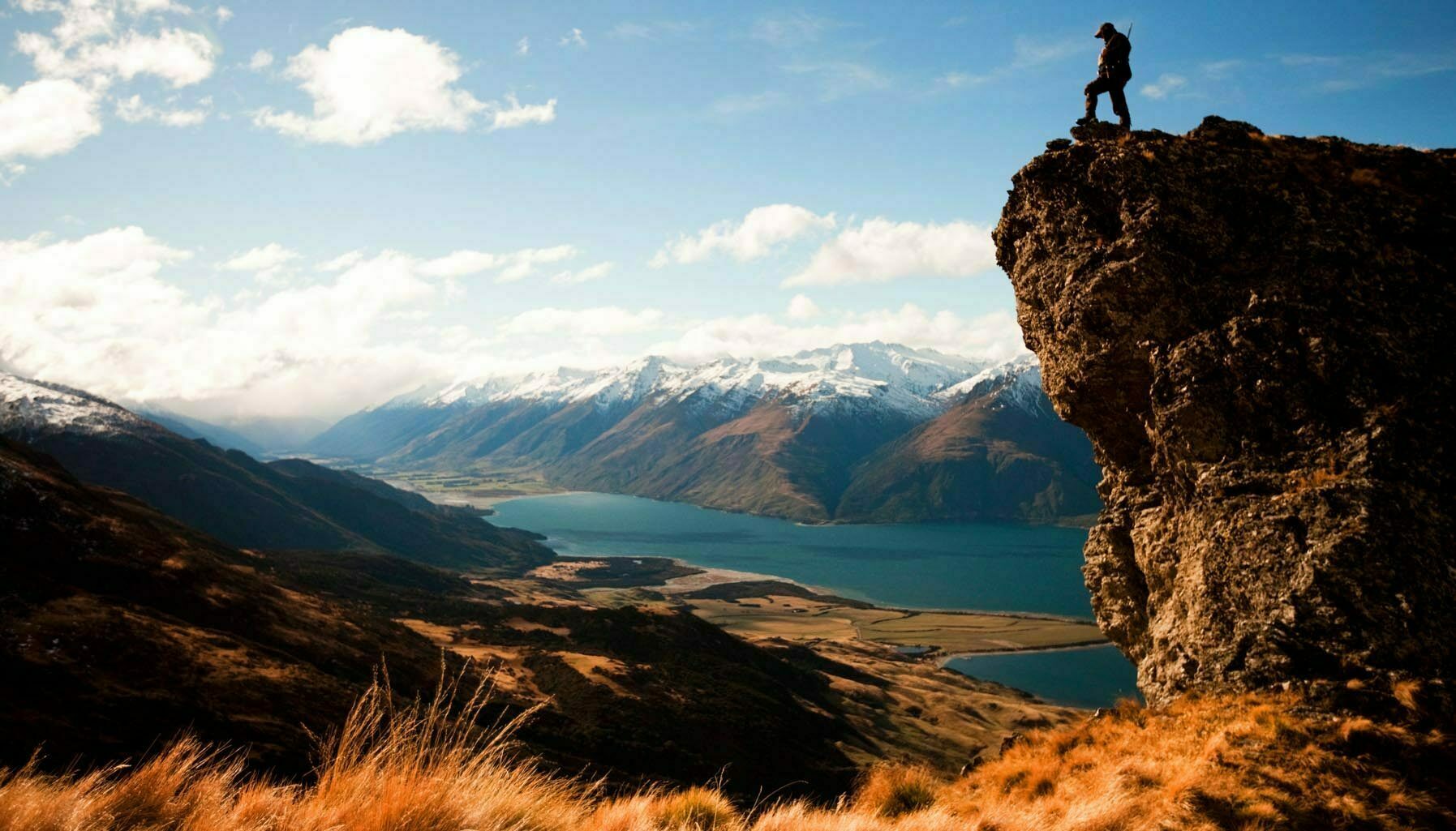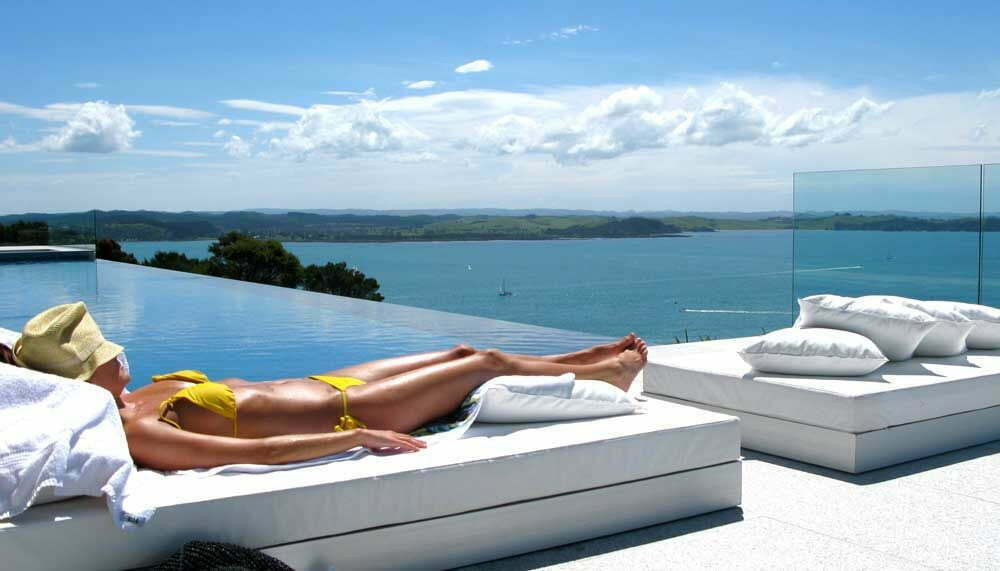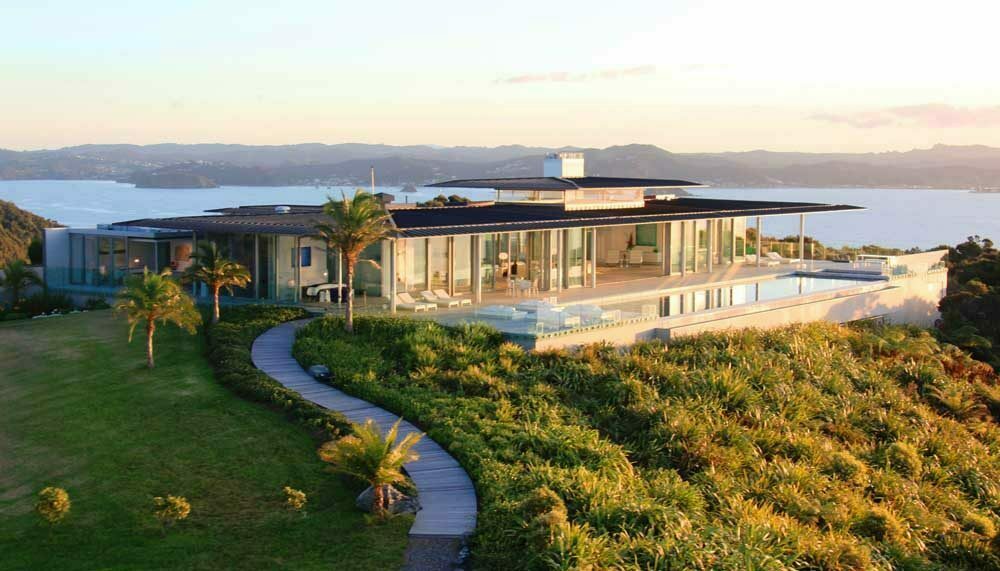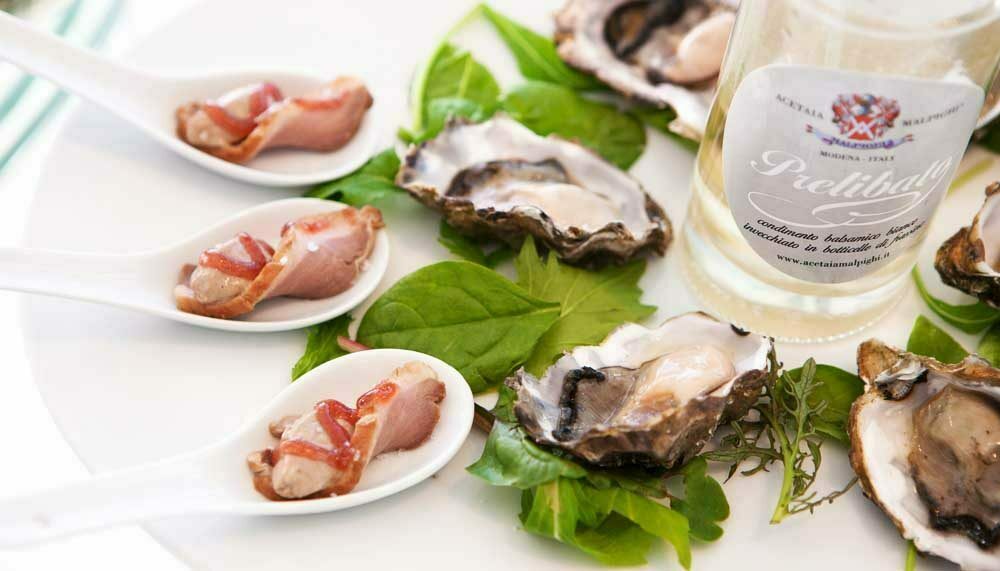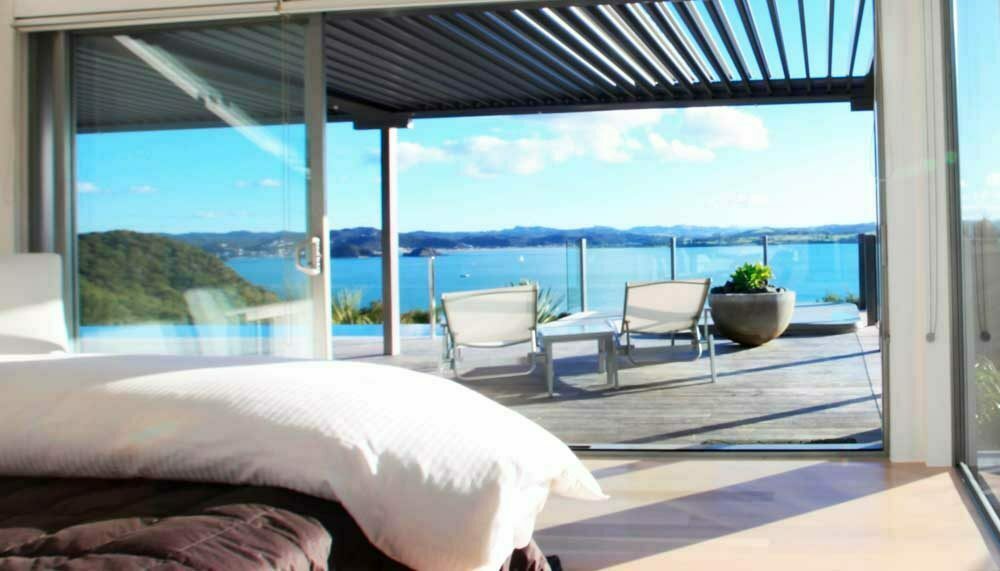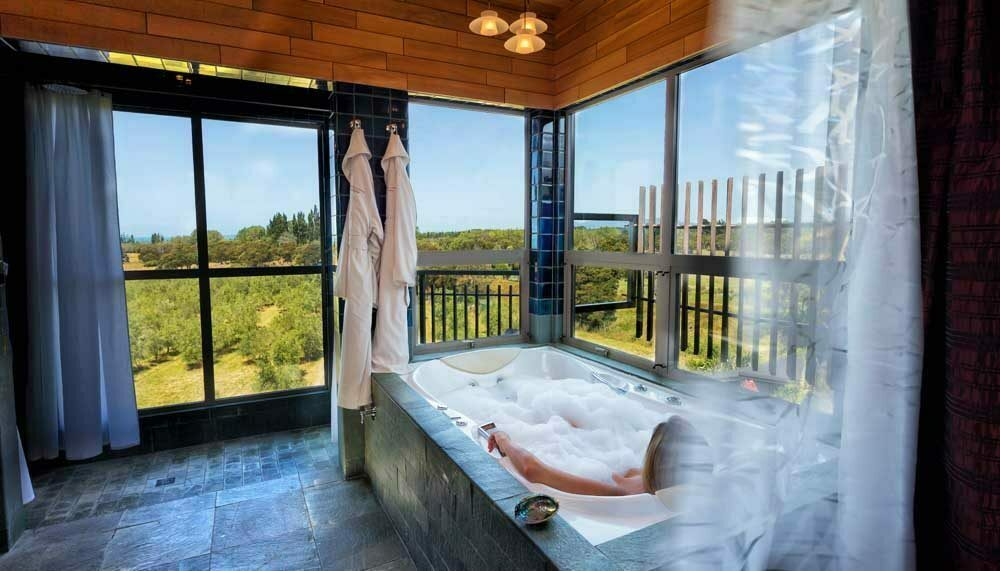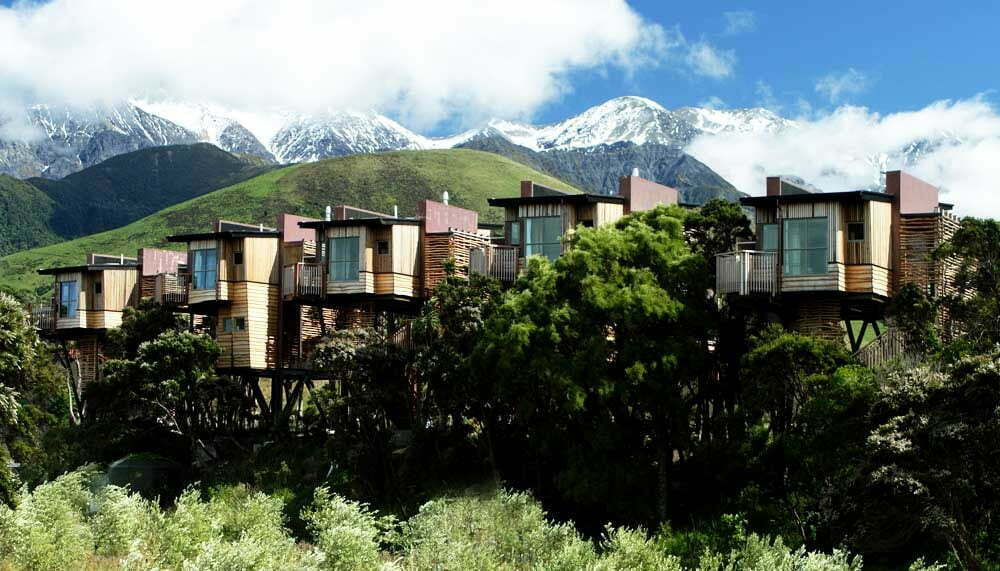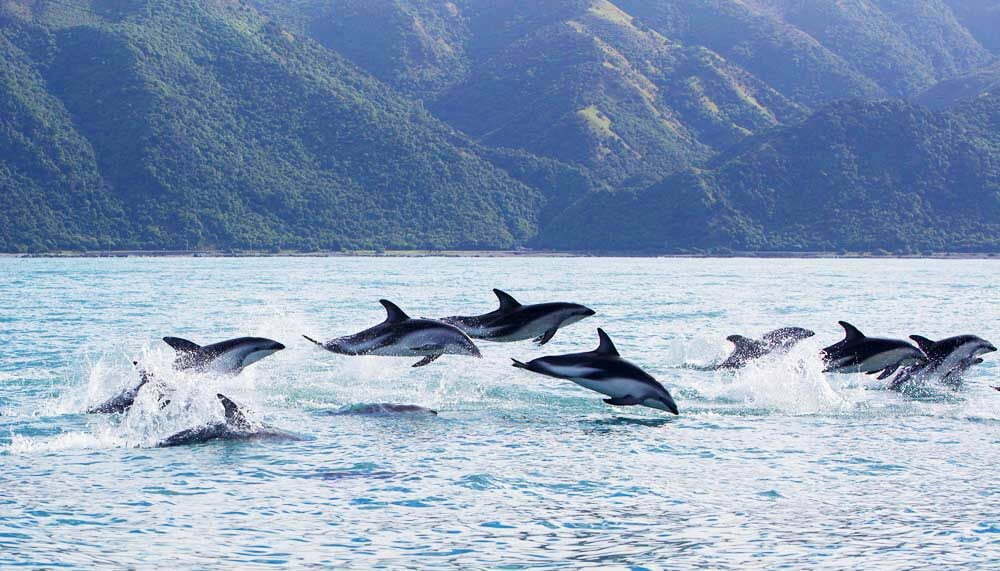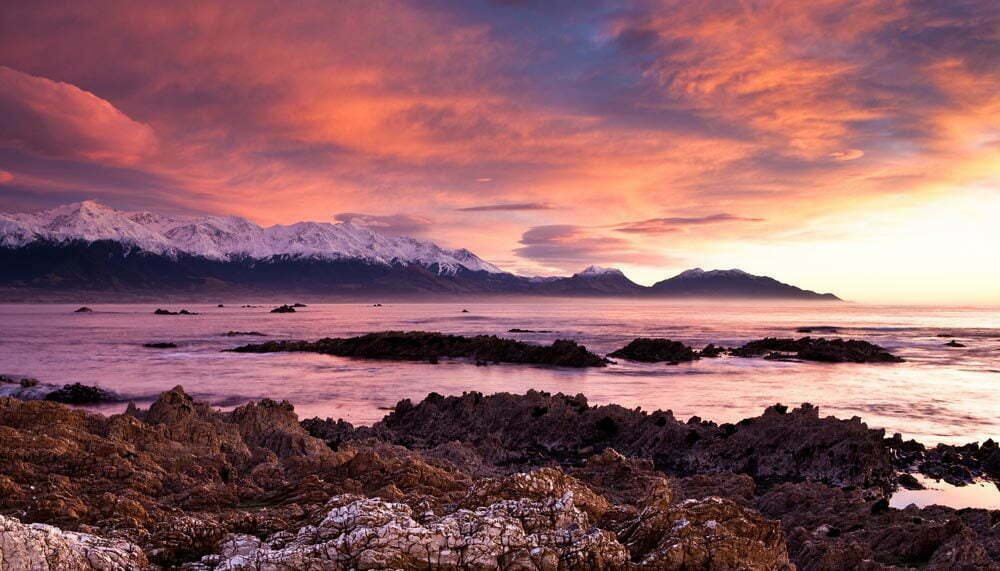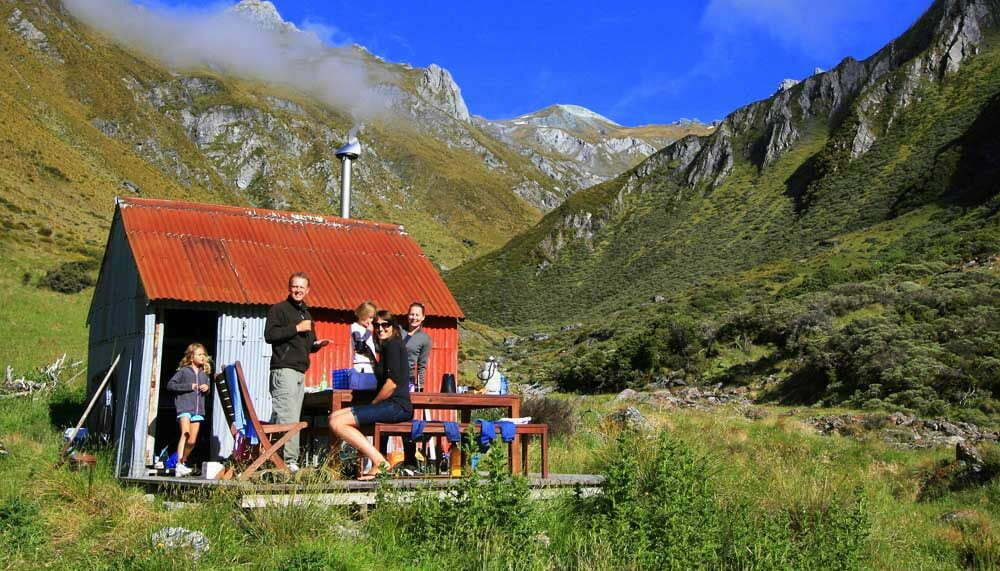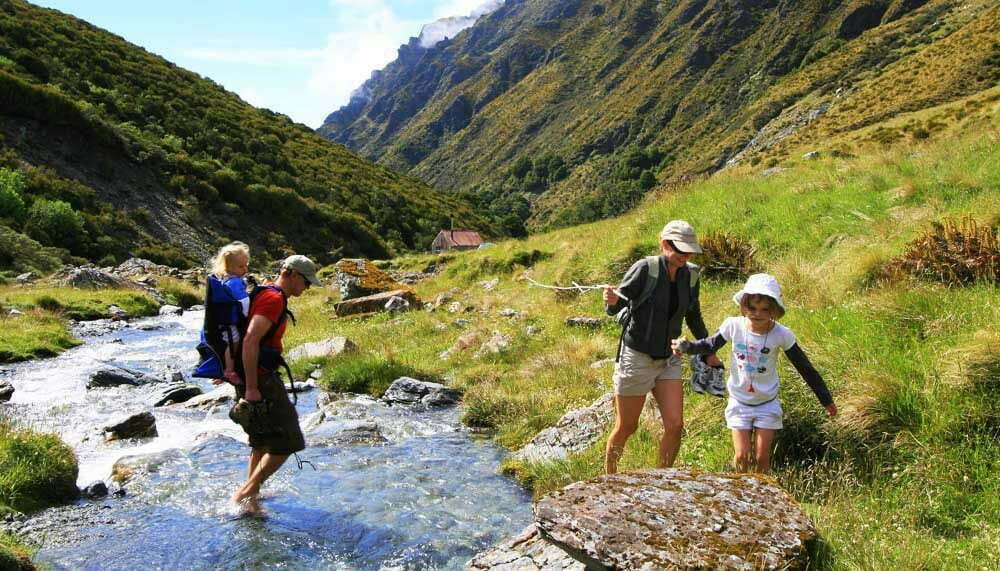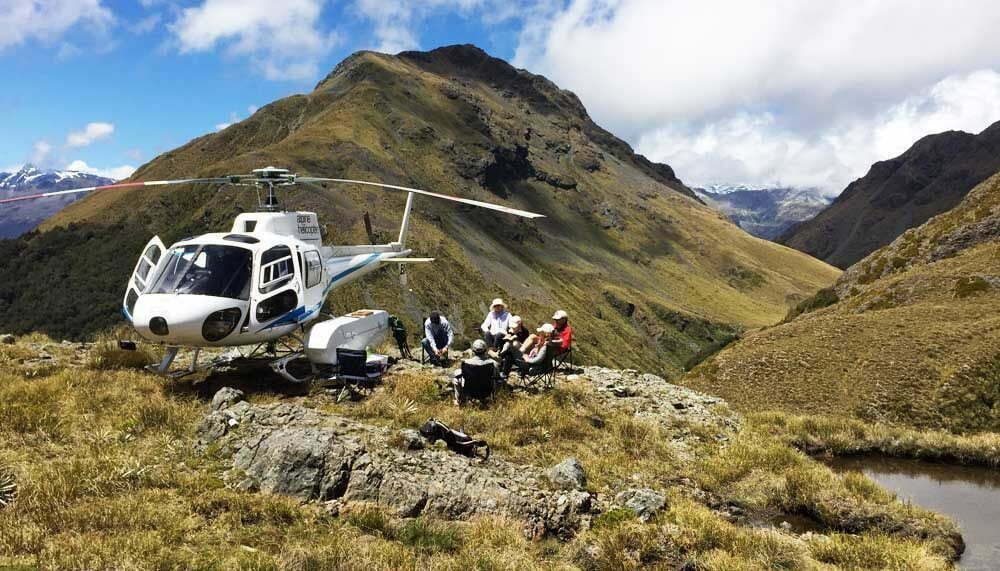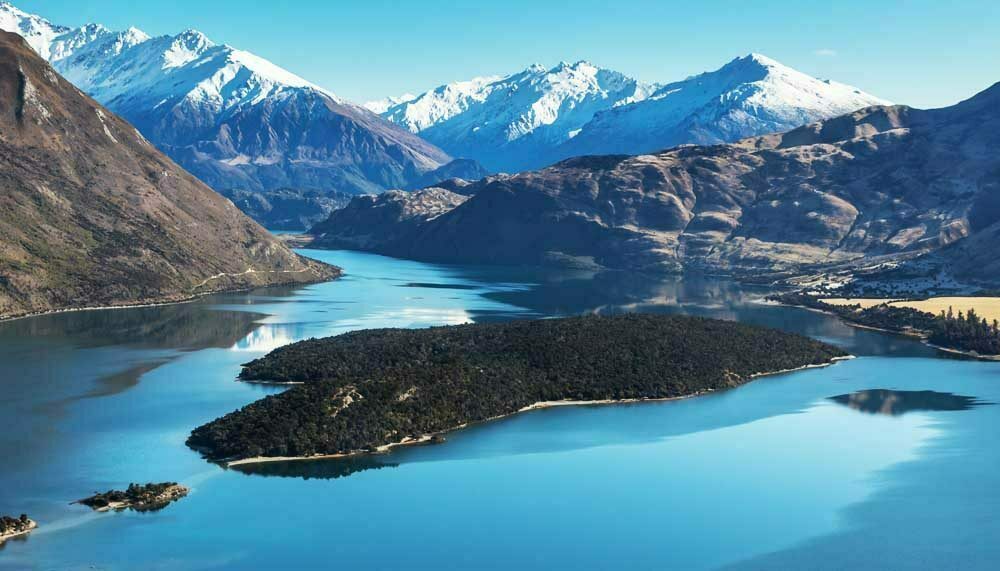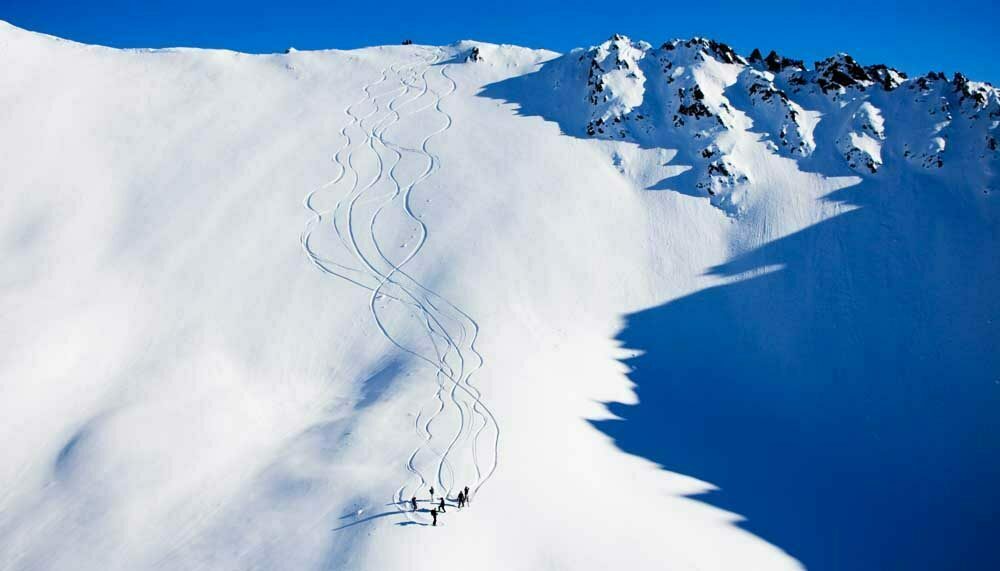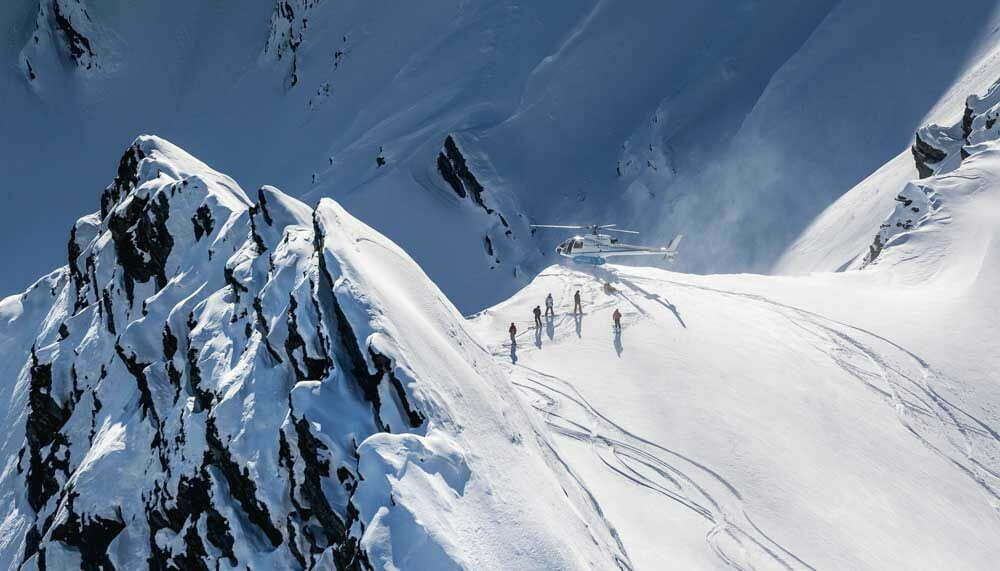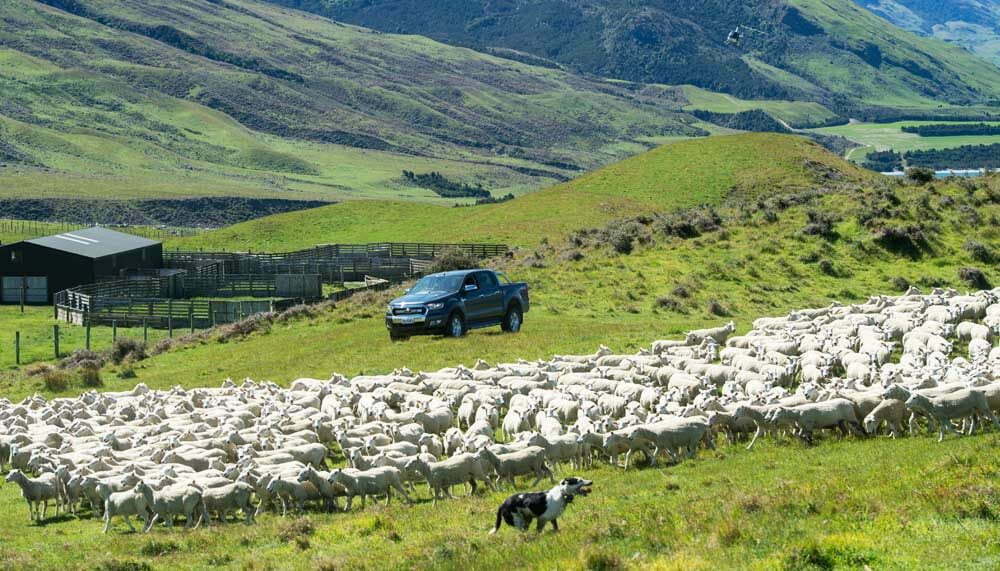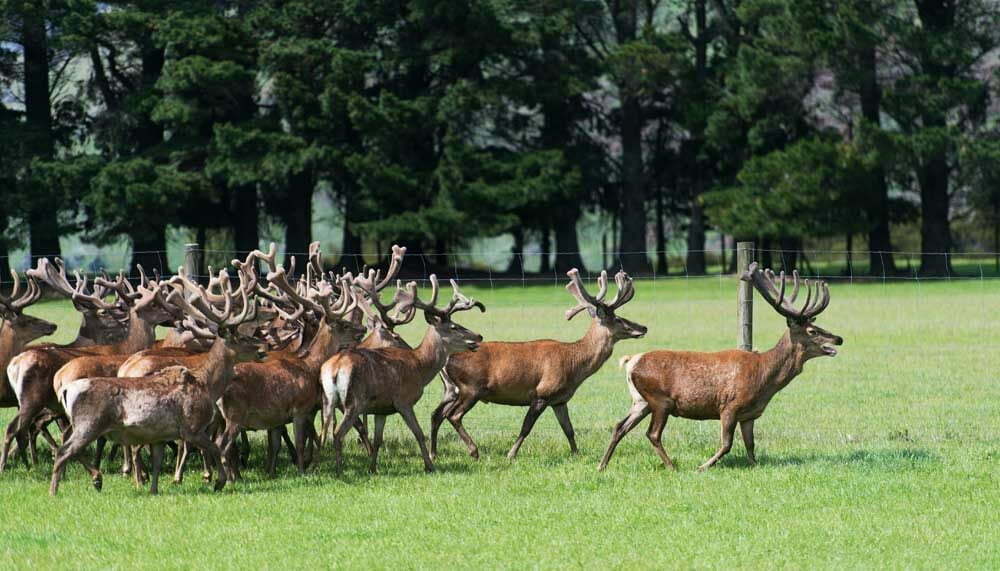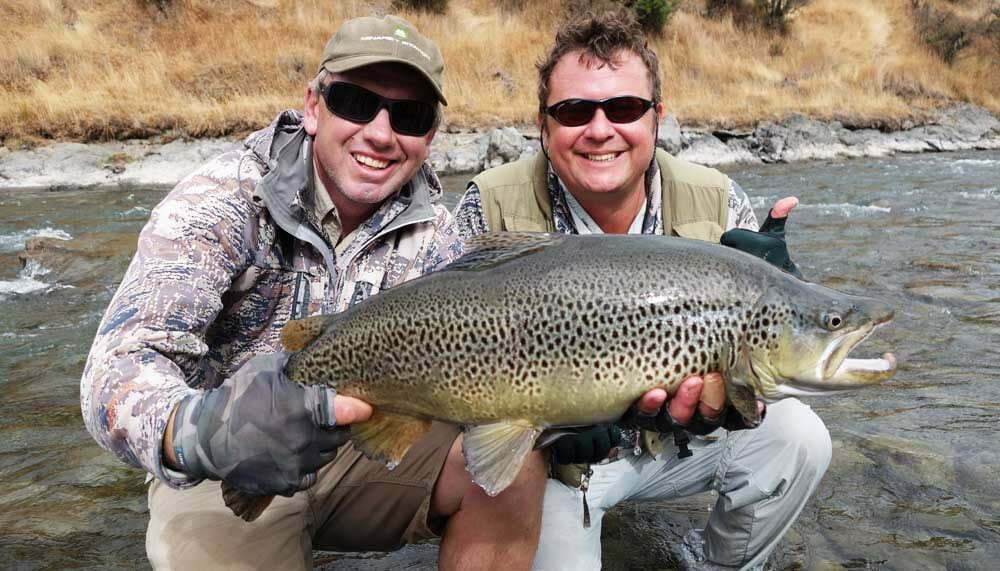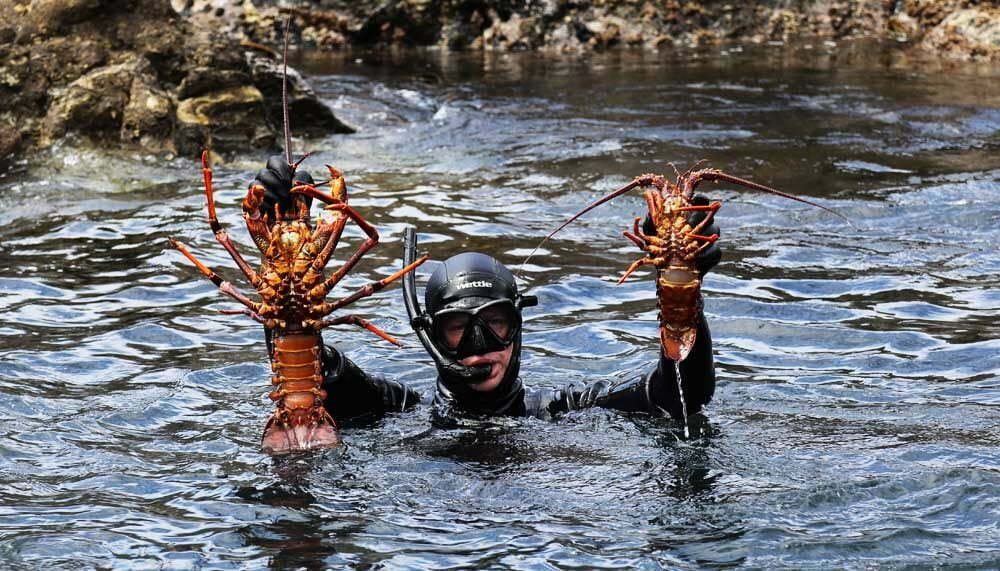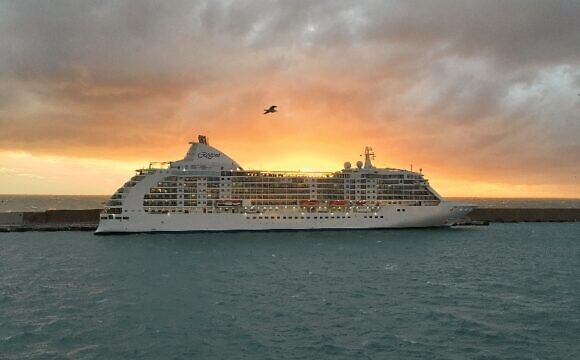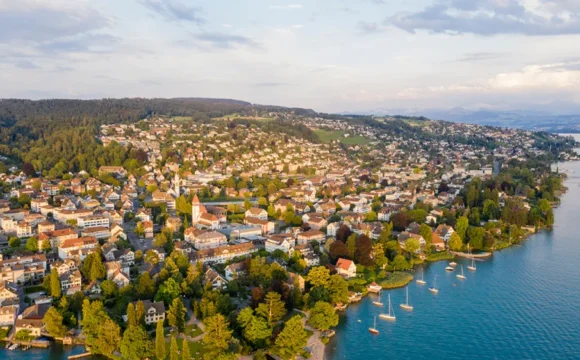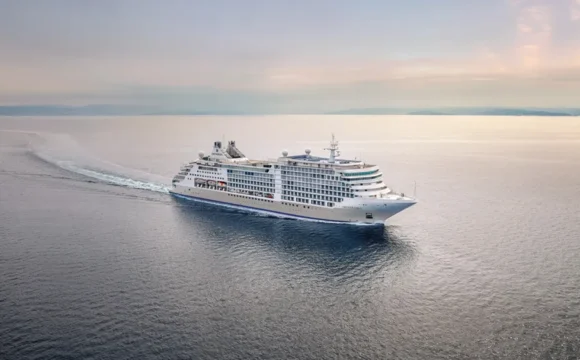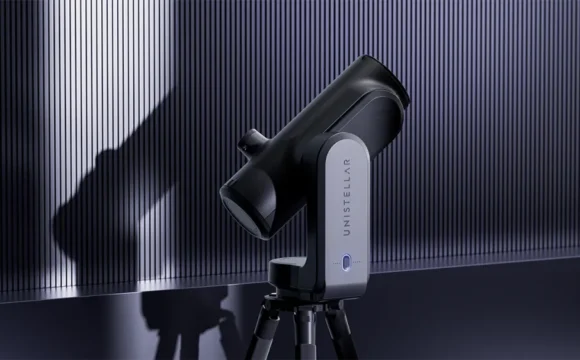Eight questions with John Key, prime minister of New Zealand

John Key is one of the few government heads to also helm a ministry. He shares his thoughts on his double-barrelled role.
You are the prime minister of New Zealand but also the minister of tourism. Is this dual-pronged portfolio a reflection of the famous Kiwi can-do attitude, and one that other governments should follow?
Well, it suits me and it suits New Zealand. Tourism is really important for our country – it’s a NZ$8 billion (S$7.6 billion) industry and we get three million tourists a year. One of the great things of being the PM and the minister of tourism is that wherever I go Tourism New Zealand (TNZ) will get me to promote new routes and participate in activities to help support the tourism sector.
How would you describe the main difference between touring New Zealand and elsewhere in the region or in the world?
It’s the diversity. We are a relatively large country and within this geographical space there’s a huge variation. In Australia, for example, you can travel for a long period of time and the scenery doesn’t change much. Whereas if you go to Queenstown in New Zealand – you have the Alps like those in Switzerland, glaciers are not too far away, there’s geothermal activity and the scenery changes dramatically.
What are your plans as minister of tourism in keeping New Zealand on the map of the most desired travel and leisure destinations in the world?
We substantially increased the budget a couple of years ago. We also focus on the luxury segment. We don’t define the success of our tourism efforts based on the number of people who come. Instead we focus on the quality of our tourists and on targeting the right people.
What’s New Zealand’s appeal for well-to-do travellers and those who invest in property there?
There is a process you have to go through but you can buy property in New Zealand and there are many visitors who do. There are many very beautiful locations around the islands. Safety is important – we are not immune to risks but compared to the rest of the world, New Zealand is safe.
What is your favourite place in New Zealand in terms of tourism and leisure?
I think it’s Queenstown, due to the diversity on offer in terms of its summer and winter locations. It’s like the Aspen of the South. It has beautiful mountains, snowboard parks, whitewater rafting, sky diving, mountain biking, championship golf courses, great wine and food. It’s a world-class offering for all age groups.
What are the main challenges the growing numbers of tourists bring with them?
It’s managing the peak seasons, such as during Chinese New Year. And we need to recognise the changes in the market. Of the three million tourists we get per year, half of them are Australians, but the number of Chinese visitors is increasing rapidly.
Is New Zealand a magnet for wellness tourism?
Absolutely. I champion the nation’s cycling routes. There are 23 of them for all grades, from those who just cycle and enjoy nature right down to the serious cyclists. People love them.
Demographically speaking, who loves New Zealand the most?
We get a lot of young people who come because they like adventure tourism and it’s the one place they can bungee jump and feel safe. We also attract retirees, people who are looking for relaxation and, on the other end, the really affluent travellers. They spend very large sums of money while hopping from one lodge to another, doing a lot of fly-fishing, helicopter rides, etc. There is really quite a big range and something for everyone.
John Key
Prime minister and minister of tourism, New Zealand
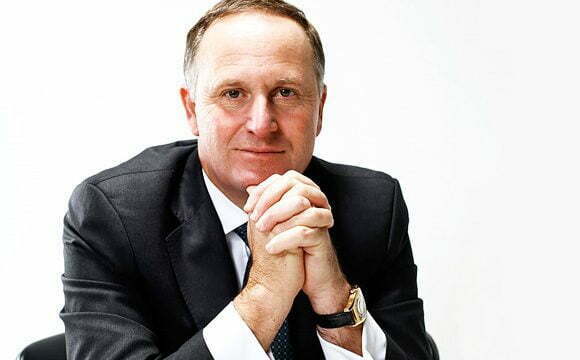
John Key is the 38th prime minister of New Zealand and has been in office since 2008. He also leads as the minister of tourism, and while is immensely proud of the country's landscapes, holds the scenenic cycling routes close to his heart, having been instrumental in proposing and getting the approval of government bodies to construct the country's National Cycleway Project.

